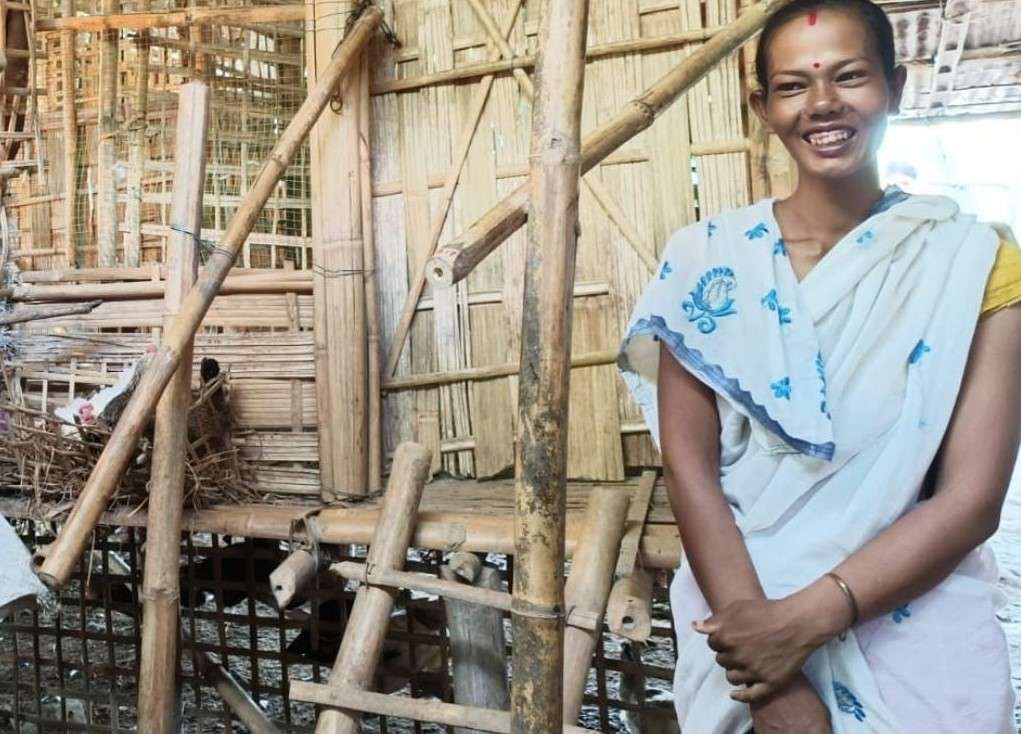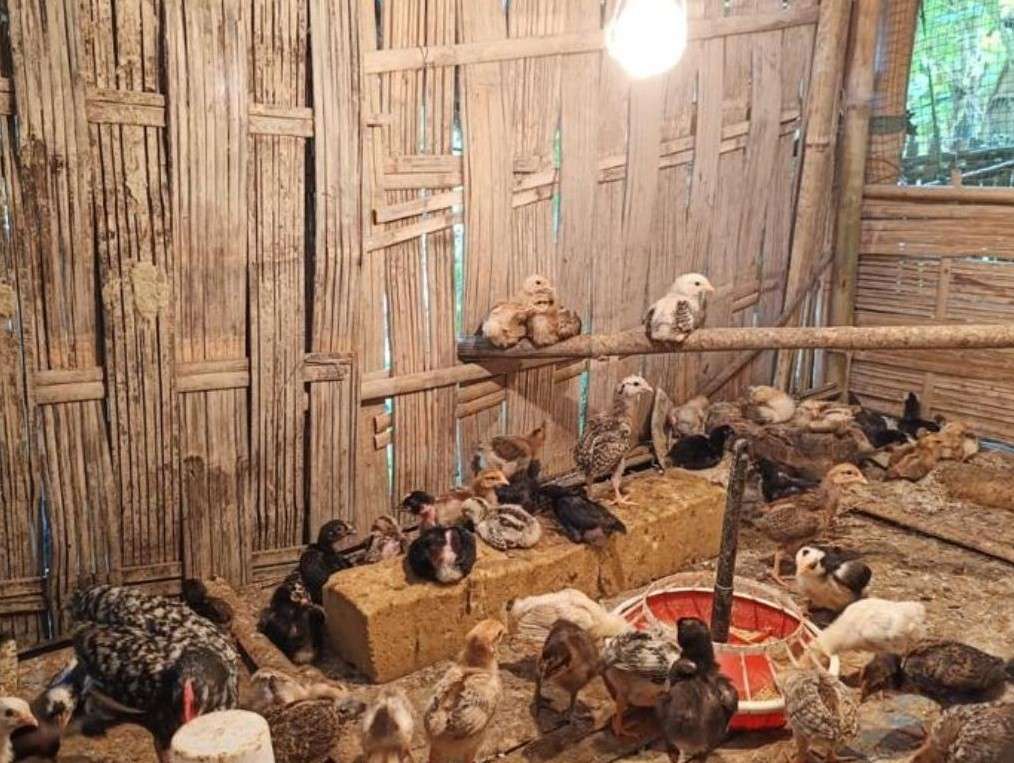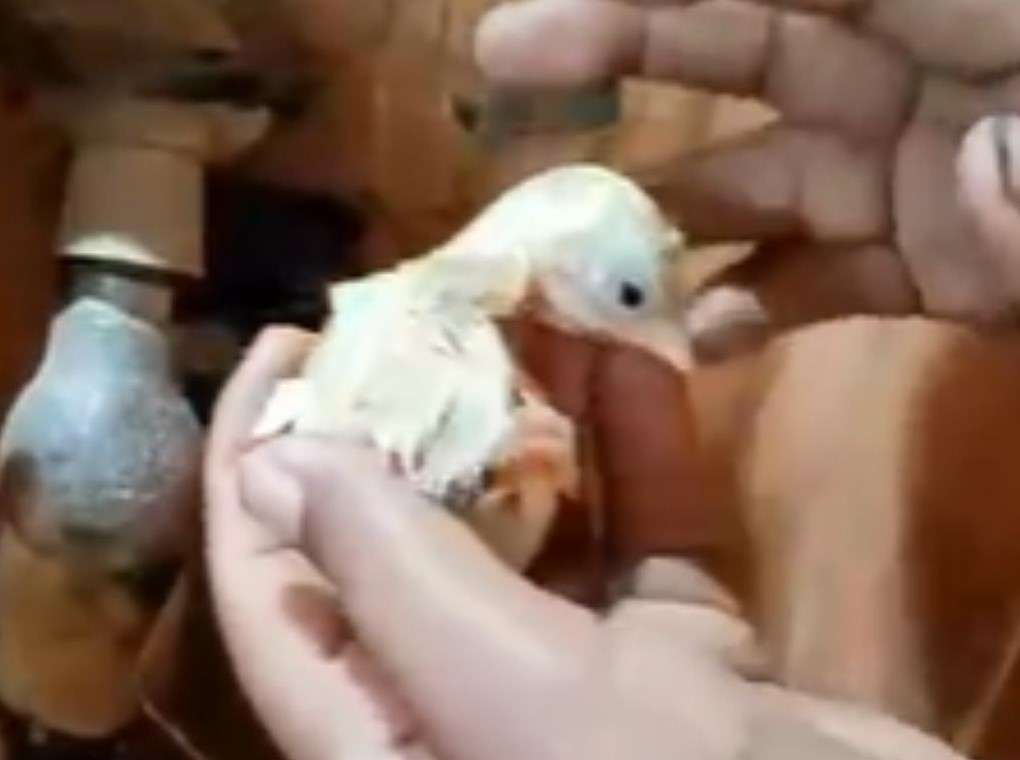Seven Sisters Development Assistance
Case studies
Junali Gogoi - A Beacon of Hope and Entrepreneurial Success in Noi Hiporia village
Junali Gogoi, residing in Noi Hiporia village with her differently-abled husband, mother-in-law, son, and daughter, is a member of the Asha Self-Help Group (SHG). Despite numerous challenges, she has shown remarkable perseverance and resourcefulness, transforming her financial situation through community support and self-initiative.
Her journey began with a substantial grant of Rs. 3,12,000 from the LIC HFL LIFE project, facilitated by Birangana Village Organization (VO). She also received an interest-free loan of Rs. 25,000 from the VO. With training in backyard poultry farming provided by Seven Sisters Development Assistance (SeSTA) and Assam State Rural Livelihoods Mission (ASRLM), she gained the necessary skills to start her venture.

Using the loan, Junali invested Rs. 64,000 to set up her poultry farm. Her efforts paid off, earning her Rs. 115,000 from six batches of chicks. This initial success provided financial stability and encouraged her to expand her business.
Her diversified her business by setting up two small incubators, earning an additional Rs. 10,000 from selling 250 chicks. Currently, she is raising 215 birds, expecting to earn Rs. 50,000 by September. Her strategic planning and hard work have ensured the sustainability and profitability of her poultry business.
Her success has inspired her community, demonstrating the possibilities arising from leveraging community resources and personal initiative. Her journey serves as a model for others in her SHG and village, motivating them to explore similar opportunities. The support she received highlights the importance of collaborative efforts in community development.
Junali Gogoi’s story exemplifies how targeted support and training can empower individuals to transform their lives and communities. Her entrepreneurial spirit and success not only provide a better future for her family but also pave the way for others in Noi Hiporia village to follow. Junali’s journey underscores the potential for economic growth and community development when individuals are given the tools and support they need to succeed.
Author:
Parthana Borah, East Jorhat


